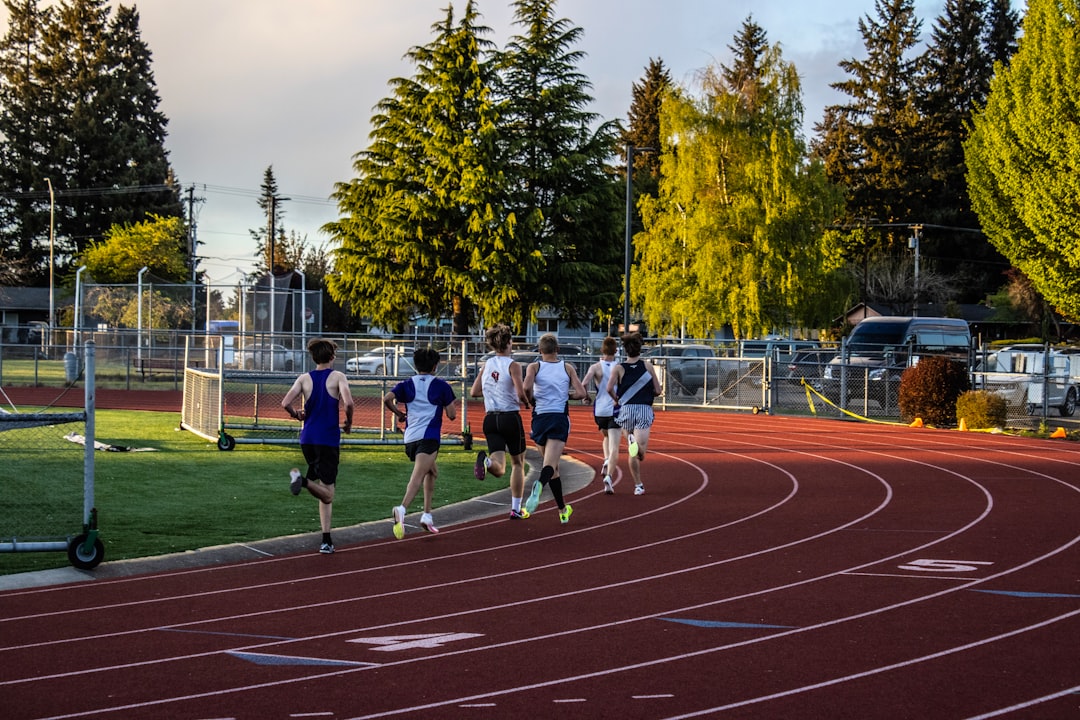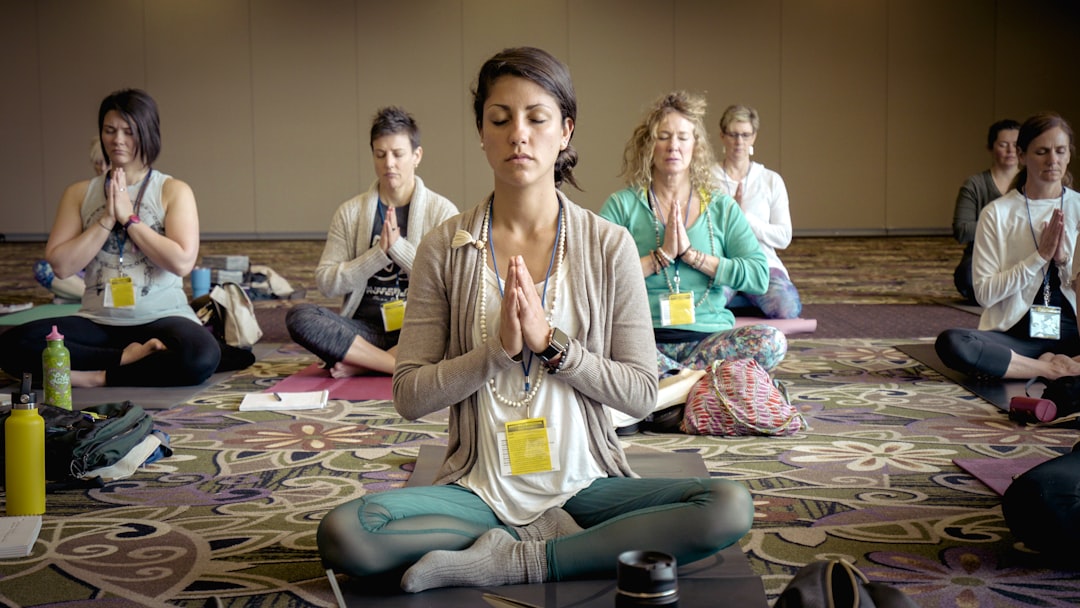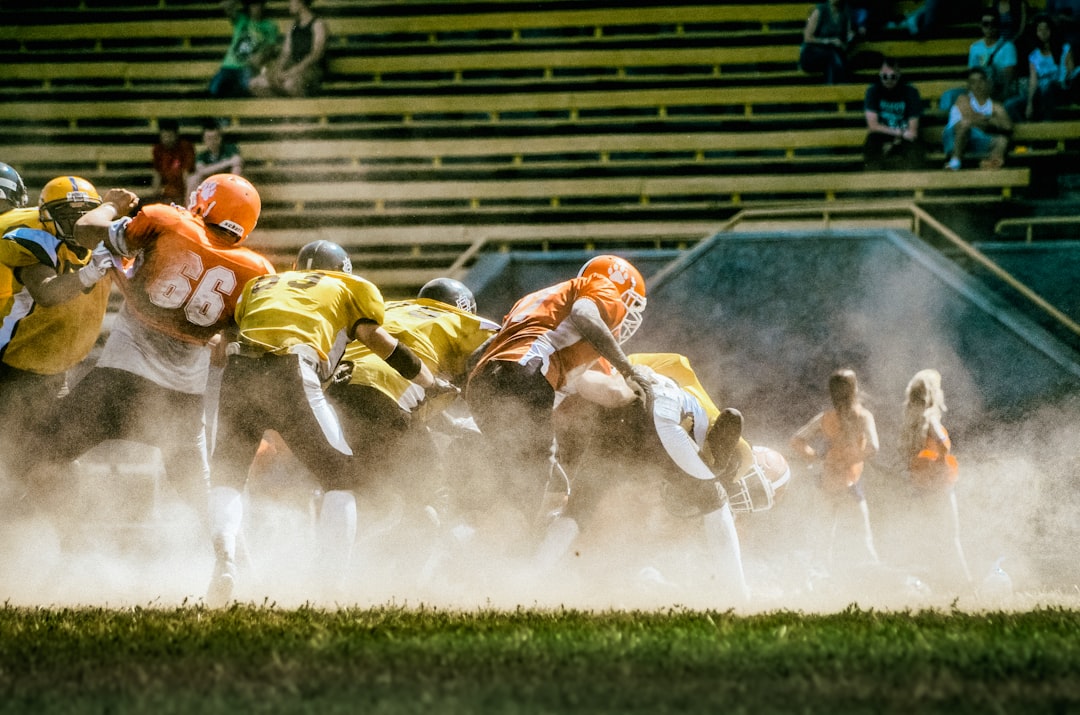In an increasingly connected world, where social interaction and emotional well-being are paramount, engaging in sports becomes more than just a physical endeavor. While team sports are often celebrated for their community-oriented nature, individual sports like running, swimming, martial arts, and tennis also play an unexpectedly powerful role in fostering social health. These solo pursuits shape character, boost confidence, and even create meaningful social interactions. But how exactly do they contribute to social well-being?
TL;DR: Individual sports offer more than physical health—they significantly enhance social well-being. By increasing self-confidence, teaching goal-setting, and fostering community through shared interests, they help individuals become more socially engaged. Contrary to popular belief, individual sports promote social interaction through clubs, events, and mentorship. They empower people to connect with others while embracing personal development.
The Hidden Social Benefits of Playing Solo
It’s a common misconception that individual sports are isolating. In reality, many participants in solo athletic pursuits experience a highly social environment—from training groups to competitions and online communities. These sports create specialized niches where people bond over shared routines and objectives.
1. Building Self-Esteem and Confidence
People often underestimate how crucial self-esteem is to social health. Individuals who believe in their own abilities are more likely to step out of their comfort zones, engage in conversations, and form relationships.
- Goal Completion: Achieving a personal best in running or mastering a new yoga pose provides a self-esteem boost that radiates beyond the sport itself.
- Resilience: Overcoming setbacks such as plateauing or losing a match fosters a mental toughness that goes hand-in-hand with social confidence.
- Self-Reliance: Solo sports teach you to handle success and failure on your own, encouraging introspection and emotional maturity—key components of emotional intelligence and social health.
Armed with this inner strength, people become more comfortable initiating conversations and forming connections within and outside their athletic circles.
2. Opportunities for Community and Belonging
Some may wonder how much “community” can arise when a sport is practiced solo. The truth is, more than you’d expect. Many individual sports boast vibrant communities that offer strong social interaction, mentorship, and new friendships.
- Local Clubs and Classes: From martial arts dojos to running groups and swimming classes, athletes train alongside like-minded individuals.
- Competition and Events: Races, meets, and tournaments provide opportunities for travel, mingling, and camaraderie.
- Online Forums: Platforms like Reddit, Strava, or specialized apps allow practitioners to share tips, progress, and support, creating a sense of belonging.

These environments offer a natural way for social interactions to thrive—by focusing on a shared challenge or goal.
3. Emotional Regulation and Social Harmony
Taking part in individual sports often leads to better management of stress, anxiety, and emotional outbursts—all of which can foster healthier relationships. Many solo sports act as physical meditations that help individuals connect with their emotions and better understand themselves.
When an individual becomes more emotionally regulated, their capacity for empathy, patience, and understanding increases. These are foundational traits for resolving conflicts, supporting others, and building long-lasting friendships.
4. Cultivating Discipline and Ethics
Solo sports emphasize personal discipline, integrity, and accountability. These values carry over into social relationships.
For example:
- A martial artist learns patience, respect, and self-control.
- A swimmer understands the value of time management and consistency.
- A long-distance runner internalizes perseverance and dedication.
These qualities make individuals trustworthy, dependable, and inspiring to others—traits that naturally attract positive social connections.
5. A Platform for Mentorship and Leadership
As individuals grow in their chosen sport, they often take on roles of mentorship, offering guidance to newcomers. This shift from learner to leader strengthens social ties and enhances the community as a whole.
This natural evolution fosters:
- Leadership skills that translate into work or community settings
- Deeper ties with those they mentor or are mentored by
- Empathy and active listening, critical for social and emotional health
These interactions are deeply social and often more meaningful than casual exchanges in other environments.
Balancing Solitude and Socialization
One of the most fascinating aspects of individual sports is the integration of solitude and community. They allow the space for personal reflection and self-improvement, while also offering chances for social interaction and growth.
Image not found in postmeta
Through this balance, participants often experience less social pressure while still forming bonds. This can be especially beneficial for introverts, those with social anxiety, or people in need of rebuilding their social skills after isolation or trauma.
The Cross-Section Between Physical and Social Health
It’s easy to view individual sports solely through the lens of physical wellness. However, there is increasing recognition that physical activity is intimately tied to social and emotional health.
According to recent studies, individuals who participate in solo sports:
- Report higher levels of life satisfaction
- Exhibit greater optimism in challenging social environments
- Engage more proactively in community or professional settings
Ultimately, physical movement helps release endorphins and reduce cortisol. This biochemical shift promotes mental clarity and emotional stability, making social interactions more positive and fulfilling.
Making the Most of Individual Sports for Social Health
To fully leverage the social benefits of individual sports, participants can take a few proactive steps:
- Join local clubs or online groups: Surrounding yourself with a community can enhance both your technique and social life.
- Set and share goals: Whether in person or digitally, sharing progress fosters accountability and connection.
- Participate in events: Attending meets, competitions, or themed runs keeps you motivated while offering rich social opportunities.
Additionally, practicing communication within these communities—from offering encouragement to asking for advice—creates robust social bonds and a rewarding sense of belonging.
Conclusion: A Solo Journey That Connects
Individual sports may begin as personal quests, but they often end in shared triumphs. Whether it’s a quiet early-morning run that sparks a conversation with a fellow jogger, or a martial arts belt test that gains you new peers and mentors, solo sports offer a beautiful paradox: through self-mastery, social connection deepens.
In a time when authentic relationships feel increasingly precious, the path to social health may well begin with a single, solo step forward. So lace up those shoes, grab that tennis racket, or unfurl your yoga mat—the journey is yours alone, but connection awaits on the path.
